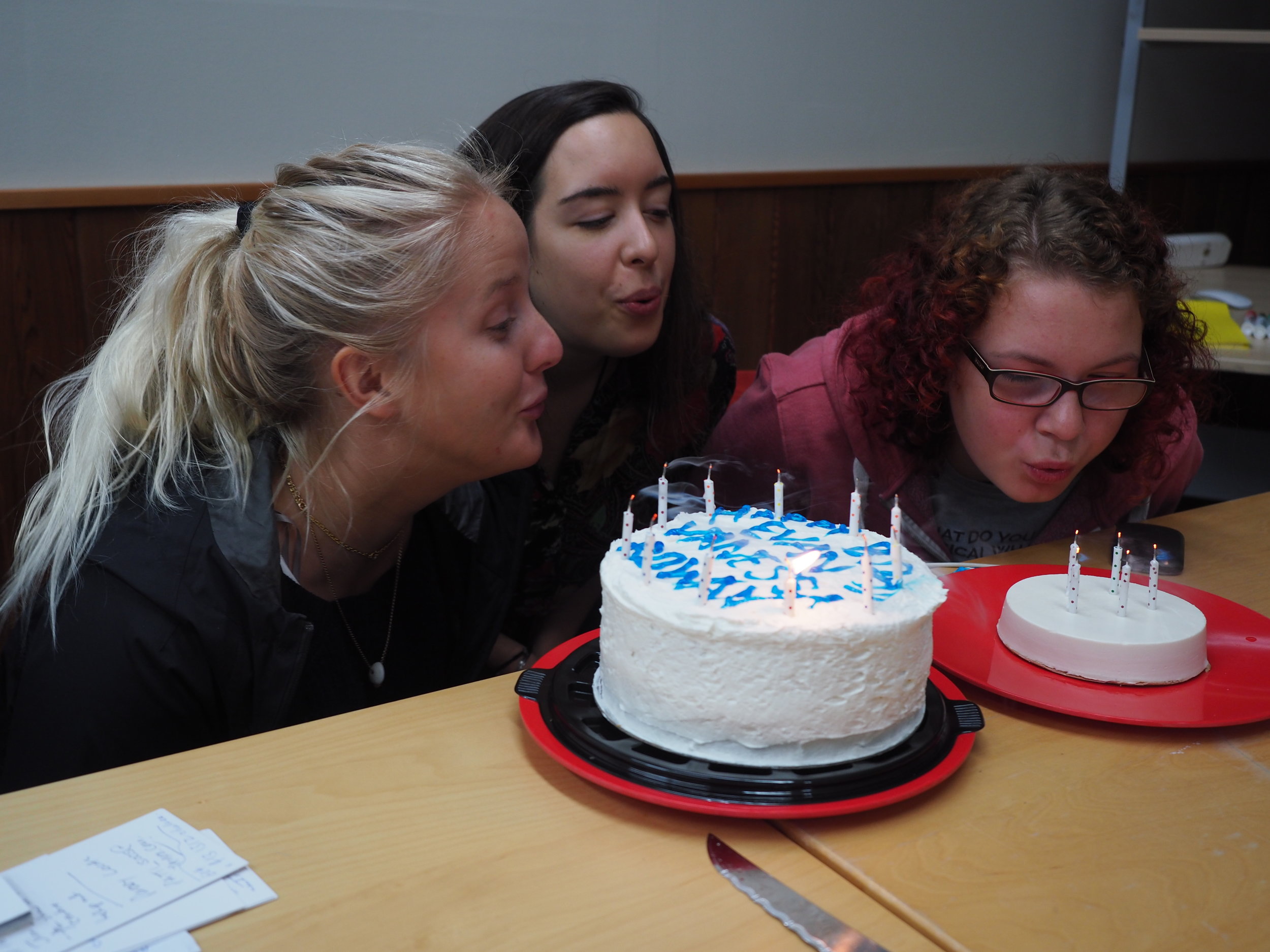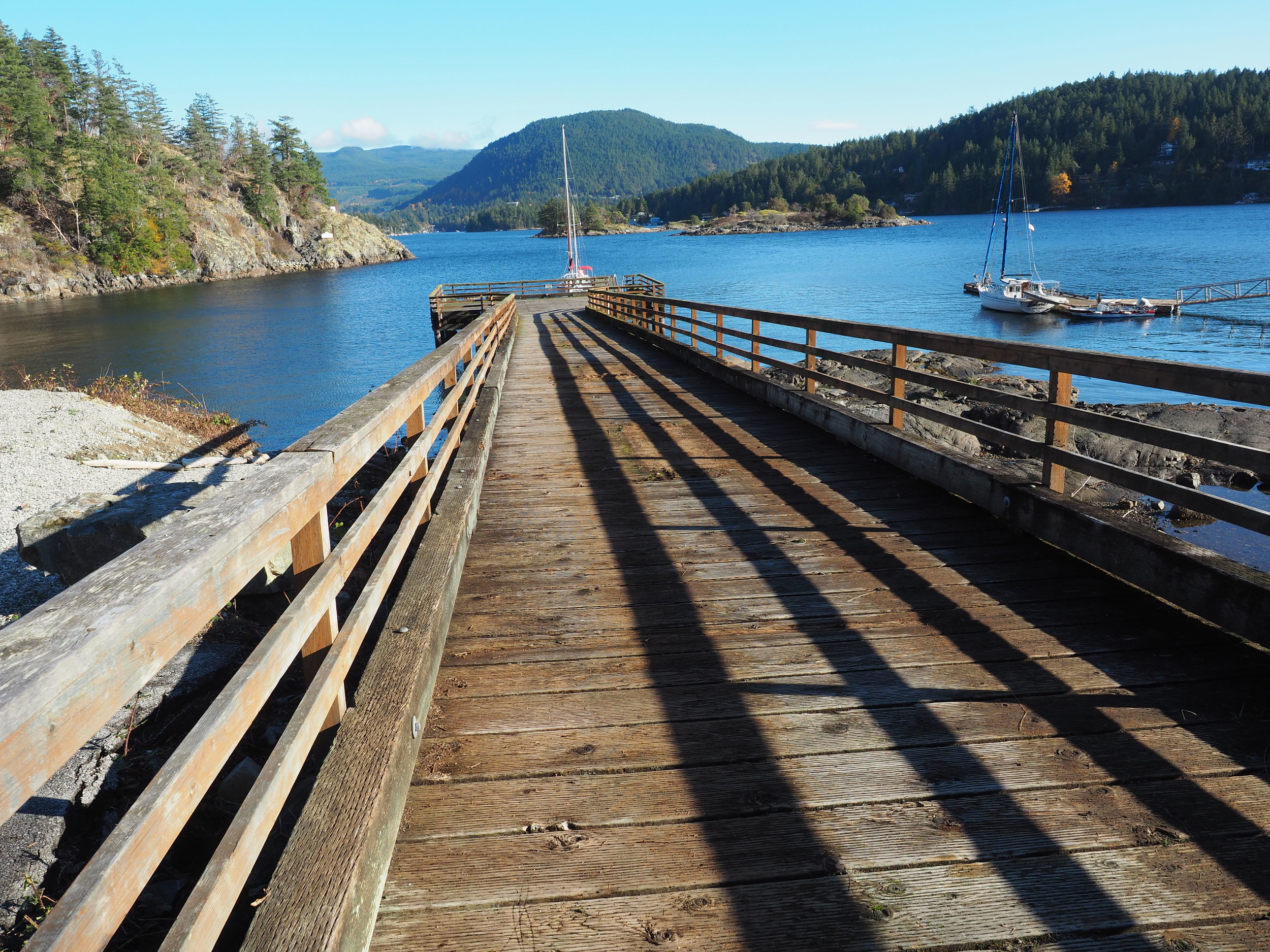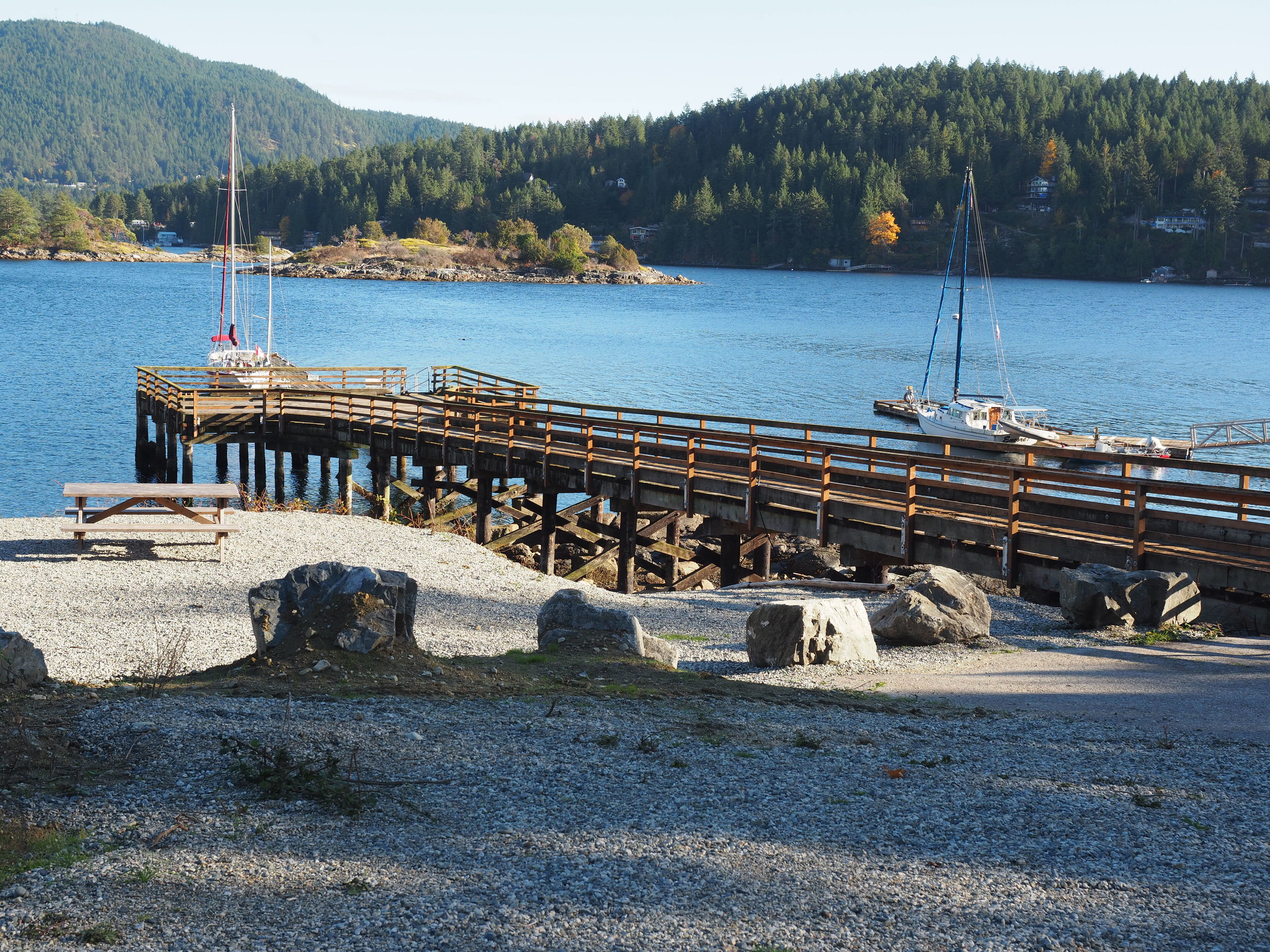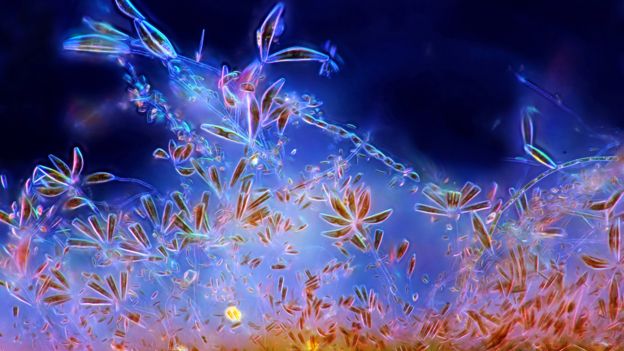Researchers say they have solved one of the biggest questions in science — how did humans and animals appear on Earth?
Surprisingly, the answer comes down to algae.
The project's lead researcher, Associate Professor Jochen Brocks from the Australian National University (ANU), said they discovered an algae explosion 650 million years ago that allowed human and animal life to evolve.
"Without that we would not be here," he said.
"There would probably be no large complicated creatures that are big enough that you could see them with your eyes."
The arrival of large algae organisms, at the base of the food web, created a burst of energy needed for a more complex world, the researchers said.
"This was the transition of an entirely bacterial world, to a world that was more complicated," Professor Brocks said.
"No-one knew when this transition happened, it's one of the most profound and most important ecological positions in all of the Earth's history and we had no idea when this happened."
Solving the mystery lay in ancient rocks
The researchers unearthed the answer to that question in ancient sedimentary rocks from central Australia.
With new technology they were able to look at the rocks differently, removing contaminants that had previously hidden molecules.
By crushing the rocks, they could extract ancient molecules.
"What we found was quite spectacular and was really, totally unexpected," Professor Brocks said.
"We found out that these molecules of more complicated algae increased in a big burst around 650 million years ago."
And being able to pinpoint that timeframe was the key to their breakthrough.
"The reason why that is so exciting is it is just before animals appeared and also exciting because it happened after the biggest climatic catastrophe in Earth's history."
Melting 'Snowball Earth' triggered algae explosion
That climatic catastrophe was a global thawing of what Professor Brocks calls a "Snowball Earth".
Fifty million years before the algae began to bloom the Earth's oceans were frozen.
But a global heating event caused the glaciers to melt and as they did they released nutrients into the ocean.
"This increased phosphate fertiliser in the oceans," Professor Brocks said.
And when the Earth cooled to more hospitable levels it created perfect conditions for algae to spread.
"It appears this huge release of nutrients after the melting of this snowball Earth event triggered the evolution of this larger algae and replaced bacteria."
"Algae are incredibly large in comparison to bacteria. And you need large and nutritious organisms at the base of the food webs to create the burst of energy towards higher and bigger organisms," Professor Brocks said.
"This event triggered the evolution of life which was completely unknown and unexpected."











